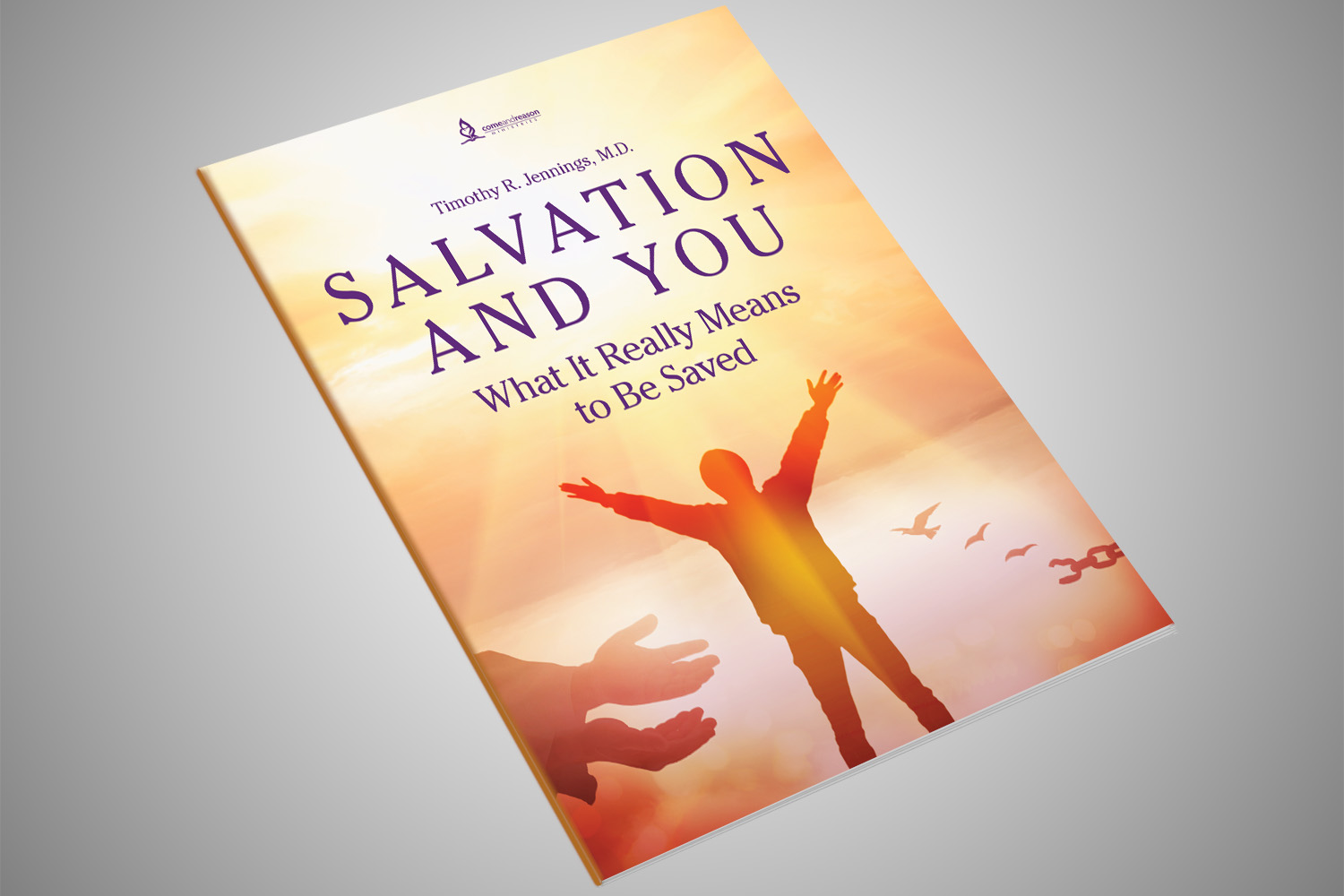Yes, that was the headline yesterday March 26, 2009.
The article, by Bill Christensen, went on to say, “Information Age Prayer is a site that charges you a monthly fee to say prayers for you.
A typical charge is $4.95 per month to say three prayers specified by you each day. ‘We use state of the art text to speech synthesizers to voice each prayer at a volume and speed equivalent to typical person praying,’ the company states. ‘Each prayer is voiced individually, with the name of the subscriber displayed on screen.’”
Are you shocked by this latest evolution in prayer? Don’t be, it is nothing new. For centuries people from cultures around the world have looked for some way to meet their prayer “obligations” to their god in order to “reap” the benefit they seek.
Tibetan Buddhists have for centuries used prayer wheels. The worshipper writes prayers on the outside of a wheel and then spins the wheel. Each time the wheel rotates a prayer ascends to their god. Ingenious worshippers could rig a wheel to spin on a needle turning from the hot air of a candle. According to the monks prayers offered in this way had the same “meritorious” effect as orally reciting them.
Prayer beads have been used by various religions and cultures for millennia. Prayer beads are common in Islam, Catholicism, Bahai’, Hinduism and Buddhism to name a few. While prayer beads can be used as a simple memory tool to help the worshiper learn prayers or scripture verses, often the beads become a pro-forma ritual enacted from rote. Over time, rather then enhancing the worshipper’s relationship with God, such rituals risk becoming superstitious barriers taking on magical connotations and being enacted without intelligent thought.
So, what is the underlying motivation to drive people to pursue computer prayer, prayer wheels or prayer beads? Remember when you just met your spouse, the courtship was progressing, the hours apart seemed to drag by, and you longed for the moment when you would be able to see each other or talk on the phone. Would it ever occur to you to set up a computer program to telephone an automated message to your fiancé so you wouldn’t have to talk to them?
Rather than talking with you, would you appreciate your spouse creating a communication wheel in which it spins three times a day with the same message going round and round? Why do people engage in such activities with God? Because they have believed lies about Him! Believing God to be a stern arbiter of justice, a strict task master, a being of immense power and severe vengeance, believing they must appease His anger and wrath, millions have erected ritualistic prayer as a means of “appeasing” their god while simultaneously shielding themselves from personal contact.
When we see that God is exactly as Jesus revealed Him to be, a being of tender love, mercy, unlimited forgiveness and grace, One who loves us more than any parent loves their children, then the idea of ritualistic prayer becomes repulsive. We would no more want a prayer wheel in our relationship with God than we would send a mannequin to give our spouse a hug. Such prayer is as dead and worthless as a hug from a mannequin.
Biblical prayer is simply conversation with God as with a friend. Prayer is our communion and communication with God. And just as in our human relationships communication is essential for health and growth, so too, in our relationship with God communication with Him is essential for growth. Any activity which “automates” the process necessarily impairs the growth of the relationship and results in the worshipper finding themselves further and further from God. God is longing for His children to see Him for who He is, a being of everlasting love who desires a personal relationship with us. He invites each one of us to come and talk with Him today, won’t you?











 using your credit or debit card (no PayPal account needed, unless you want to set up a monthly, recurring payment).
using your credit or debit card (no PayPal account needed, unless you want to set up a monthly, recurring payment). instead?
instead?